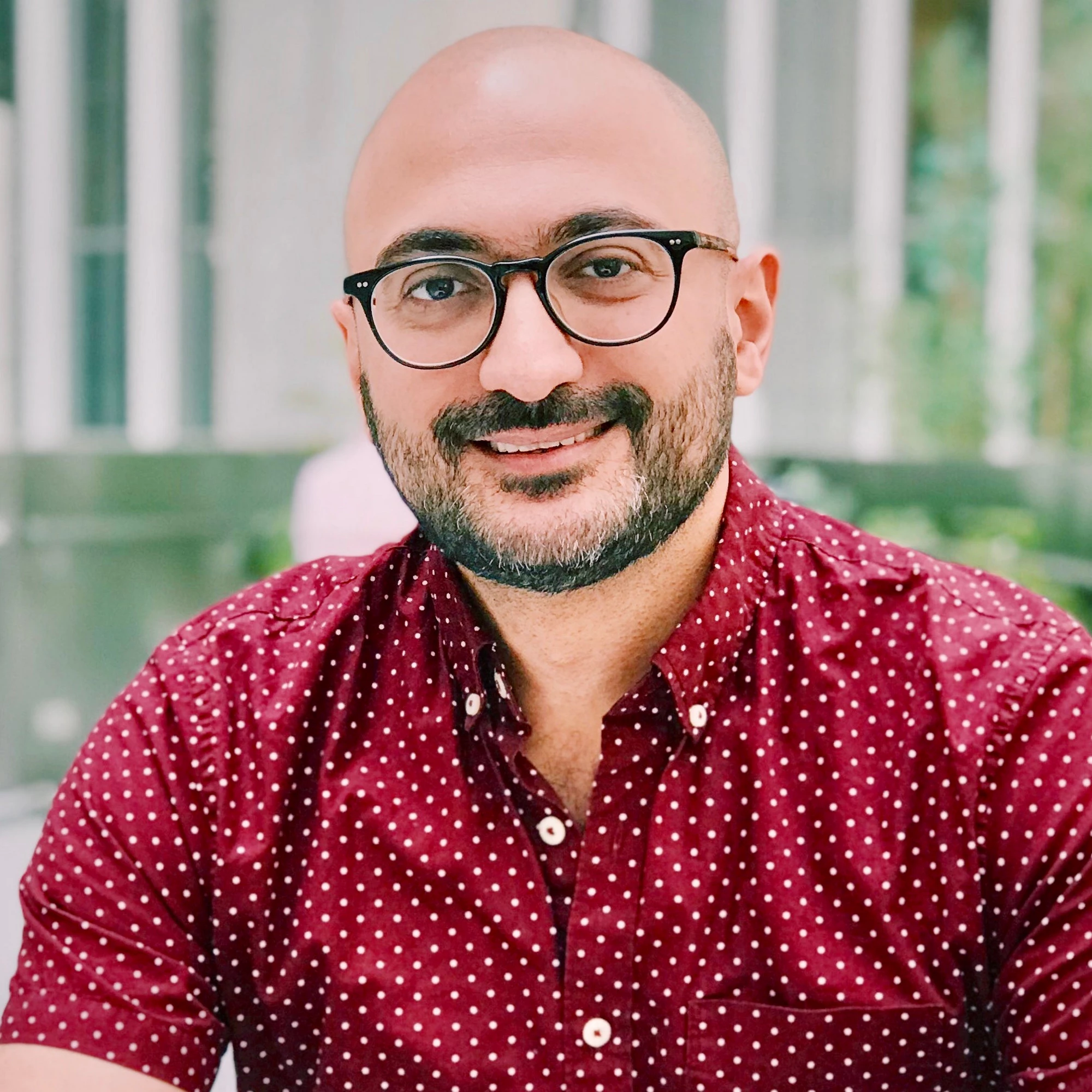When was the last time you used your mobile phone camera? Yesterday, this morning, or a few minutes ago? How did you use it? To snap a photo of your child or pet, or maybe to identify a problem in your community to bring it to public attention?Gotten a lot of requests to help this man and his daughter. Anyone know people in Beirut able to locate him? #BuyPenspic.twitter.com/KOz4mjW1rd
— Gissur Simonarson CN (@GissiSim) August 25, 2015
Have you ever thought that your camera phone can actually capture more than the ordinary? Did you know that with just one snap you might be able to save lives and lift people out of hardship and poverty?
Yes, you can! At least one stranger in downtown Beirut believed so.
It was a hot, humid day in August 2015 in the Lebanese capital when that stranger snapped a photo of a man, visibly anguished and on the verge of tears, with his daughter over his shoulder, holding out a handful of cheap pens for sale.
He posted the photo on social media. Boom! In no time, it went viral!
Gissur Simonarson, an activist from Oslo, Norway who helps run the Conflict News site, saw the picture and posted it on Twitter to track down the man in it. With some help from local journalists and activists in Lebanon, he was able to identify him.
The man is Abdul Halim Attar, a Palestinian-Syrian refugee from Yarmouk camp, and his daughter, 4, is called Reem.
Attar, who once made chocolate at a factory in Damascus, struggled to find a job in Beirut, where he fled after heavy fighting in Yarmouk in 2012. But today, thanks to a camera phone, social media, and the Internet, the 33-year-old single father of two has started three businesses in Beirut that employ other refugees.
The story of the “Pen-Seller of Beirut” is a reminder that we all can do something to help , and that crowdsourcing through social media can easily be done with a photo, a call for action or even a few words . In Iraq, for example, two friends started a campaign on social media to help the poor. They posted a status update on Facebook asking people to help them serve meals at a local school. Their call for action attracted 123 people. The group now called “Iraq Builders” started posting open calls for actions around the country, usually aimed at helping people in need such as widows and orphans.
The Internet gives us so much freedom and now we all have a relevant voice because of it. So let’s make sure that we all know how to use that voice for the right reasons, and encourage others to do so too to help those offline.


Join the Conversation